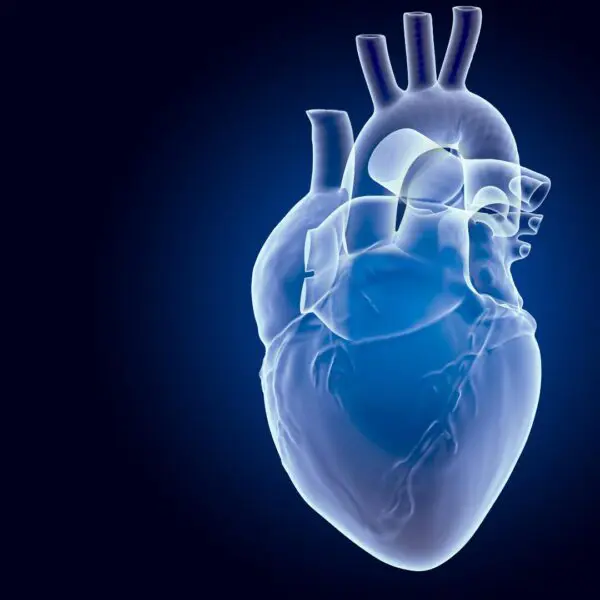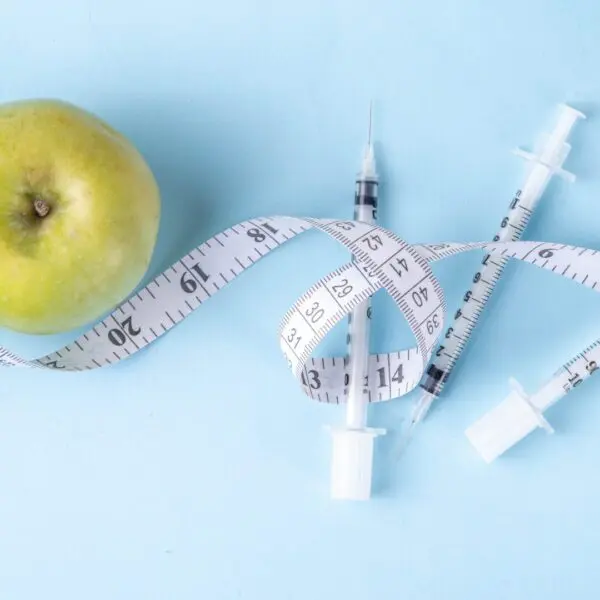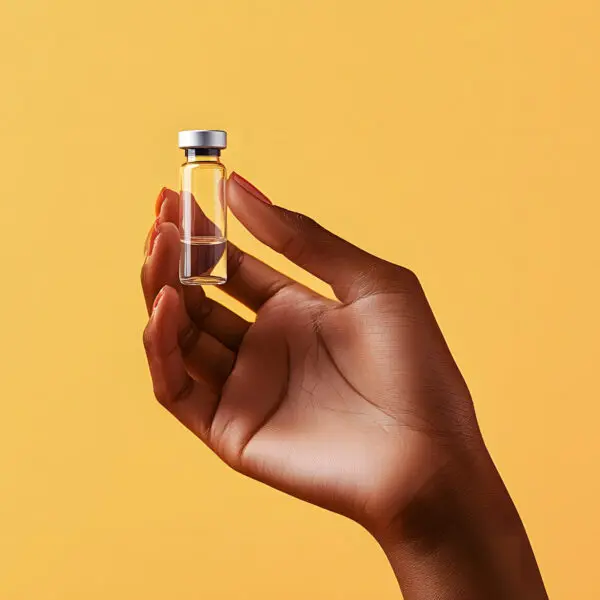Vitamin E
What is it?
Vitamin E is a fat soluble vitamin that has a great deal of antioxidant properties and plays a vital role within many of our organs in order to protect our cells from damage. There’s a good chance youve probably seen rust on a bike that was left outside on the sidewalk. This happens because of a process called oxidation, which is an interaction between substances and oxygen molecules. A similar reaction happens in our bodies that creates free radicals, which can lead to accelerated aging. Vitamin E acts as a strong antioxidant to protect your cells from being damaged.
This vitamin has a wide array of applications for overall health and wellbeing. Along with its antioxidant properties, Vitamin E is also important for our vision, reproduction, and the health of a persons blood, brain and skin. Research shows taking in vitamin E can prevent coronary heart disease, boost your immune system, and help to prevent inflammation in the body, especially helpful for those with osteoarthritis symptoms.
Vitamin E can be taken as a supplement, and is also found in many different kinds of foods. Foods rich in Vitamin E include, Nuts (such as almonds, peanuts, and hazelnuts/filberts), seeds, green leafy vegetables like spinach and broccoli, as well as fortified breakfast cereals, fruit juices, margarine/butters, and spreads.
Vitamin K
Vitamins are categorized into two different groups, fat soluble and water soluble. This classification is important in order to understand how the vitamin acts within our body. Water soluble vitamins can be dissolved by water, and do not get stored in the body, therefore need to be consumed just about every day. A few examples of water soluble vitamins are vitamin C and many of the B vitamins. Fat soluble vitamins are dissolved by fat before they enter the bloodstream, and can be stored in our fatty tissues as well as in the liver. Fat-soluble vitamins include vitamin A, D, E, and K.
Where can I find Vitamin K?
This vitamin is found in many of the foods we eat on a daily basis. Green leafy vegetables such as kale, spinach, lettuce, and broccoli contain high levels of vitamin K. Some fruits like berries and figs, meats, eggs, cheese, chickpeas and soybeans contain vitamin K as well.
What does Vitamin K do?
Vitamin K specifically plays an important role in the way our blood clots to help wounds heal, and also helps to regulate calcium levels in the body, which may help to keep our bones healthy. Our bodies need vitamin K to make a protein, called prothrombin, that helps our blood to clot properly when we experience an injury. Vitamin K deficiency in adults is pretty rare in the U.S. overall. Deficiency is typically seen in infants since only small amounts are passed from the mother to the infant during pregnancy, and after birth, the infant has not acquired the intestinal bacteria to produce it.
Adults who might be vitamin K deficient include those who take antibiotics that interfere with vitamin K production or absorption, someone who takes extremely high doses of vitamin A and E, or people who do not get enough vitamin K in the foods they eat. Certain medical conditions like celiac disease, cystic fibrosis, intestinal or biliary tract disorders can also create an increased risk for vitamin K deficiency. Because of its assistance in the clotting process, you should ALWAYS consult with your doctor before considering changing your intake of vitamin K. People who take blood thinners, like coumadin or warfarin, or have any history or issue with clotting disorders should take extra precaution.
Vitamin-B Complex
What is the B-Vitamin Complex?
The B-Vitamin complex is made up of 8 B-vitamins, including:
B-1 (thiamine), B-2 (riboflavin), B-3 (niacin), B-5 (pantothenic acid), B-6 (pyrodixine), B-7 (biotin), B-9 (folic acid), B-12 (cobalamin)
What Are the Benefits?
The B-Vitamin complex is critical to brain function, healthy cell metabolism, your overall energy levels and so much more.
All told, the B-vitamin complex may be beneficial in at least ten different ways:
1) Aid in proper digestion
2) Maintain and improve peak eye function
3) Support nerve function throughout the body
4) Aid with muscle tone and the production of red blood cells
5) Assist with maintaining high energy levels
6) Works to keep a health digestive balance
7) Basic cellular health relies on the B-Vitamin complex for optimal performance
8) Mental acuity and performance may be enhanced with proper B-vitamin levels
9) Heart health and overall physical conditioning of the vascular system relies on B-vitamins
10) B-vitamins are essential to cholesterol production as well as healthy hormonal levels.
Foods rich in B-vitamins:
Kidney beans, chickpeas, black beans, eggs, cheese, tuna fish, salmon, red meat, nuts, seeds, watermelon, bananas, certain whole grains, dark green vegetables like spinach and kale
Vitamin-C
Vitamin C is very widely known for its potent antioxidant and immune boosting properties, but it also has a slew of other amazing benefits. Vitamin C plays an instrumental role in the growth and repair of body tissues, such as collagen, cartilage, bones, and teeth. Yes, this means supplementing vitamin C can give you the tight glowing skin that youve been yearning for! Even more exciting, a recent study found a link between low levels of vitamin C and higher amounts of body fat, specifically belly fat! This means that taking your daily Vitamin C supplement can even help you keep your body fat percentage in check!
Vitamin C can be difficult to supplement orally, because many people experience gastrointestinal side effects, like nausea, bloating, or stomach cramping. If this sounds like you, dont worry, we have a solution to get you your vitamin C boost without the baggage! Here at IRM, we offer the highest quality vitamin C that can be delivered directly into your bloodstream via an intravenous infusion. This is exciting because when vitamin C is taken via IV, you absorb 100% with no side effects, whereas with oral supplementation you would only absorb about 40% of the nutrient. Call us today to book your infusion and be on your way to glowing skin, boosted immunity, and lower body fat!
Vitamin-D
Vitamin D or Calciferol is a fat soluble vitamin that is produced in the body when UV rays from the sun come into contact with the skin. Vitamin D promotes calcium absorption to promote bone and tooth health as well as prevent osteoporosis. Vitamin D is also important for its anti-inflammatory properties and roles in the prevention and management of diabetes, as well as the promotion of neuromuscular, lung, cardiovascular, and immune health. In these pandemic times, we should all be supplementing Vitamin D daily!
The top 5 Benefits of Vitamin-D are:
- It can improve your bone health!
- It can improve your heart health!
- It can reduce your risk of Diabetes!
- It can help you lose weight!
- It can lower your risk for depression!
Vitamin D can be found in fatty fish, egg yolks, cheese, beef liver, mushrooms, fortified milks, cereals, and juices. Vitamin D can also be supplemented orally and intramuscularly. Both of which are available here at IRM. Our favorite oral preparation is a liquid by Thorne that includes K2 in the formula. K2 is an excellent addition to vitamin D because it offers even more immune and cardiovascular support. At IRM, we also offer vitamin-d injections, for those that have low levels or are looking for an extra immune boost!














